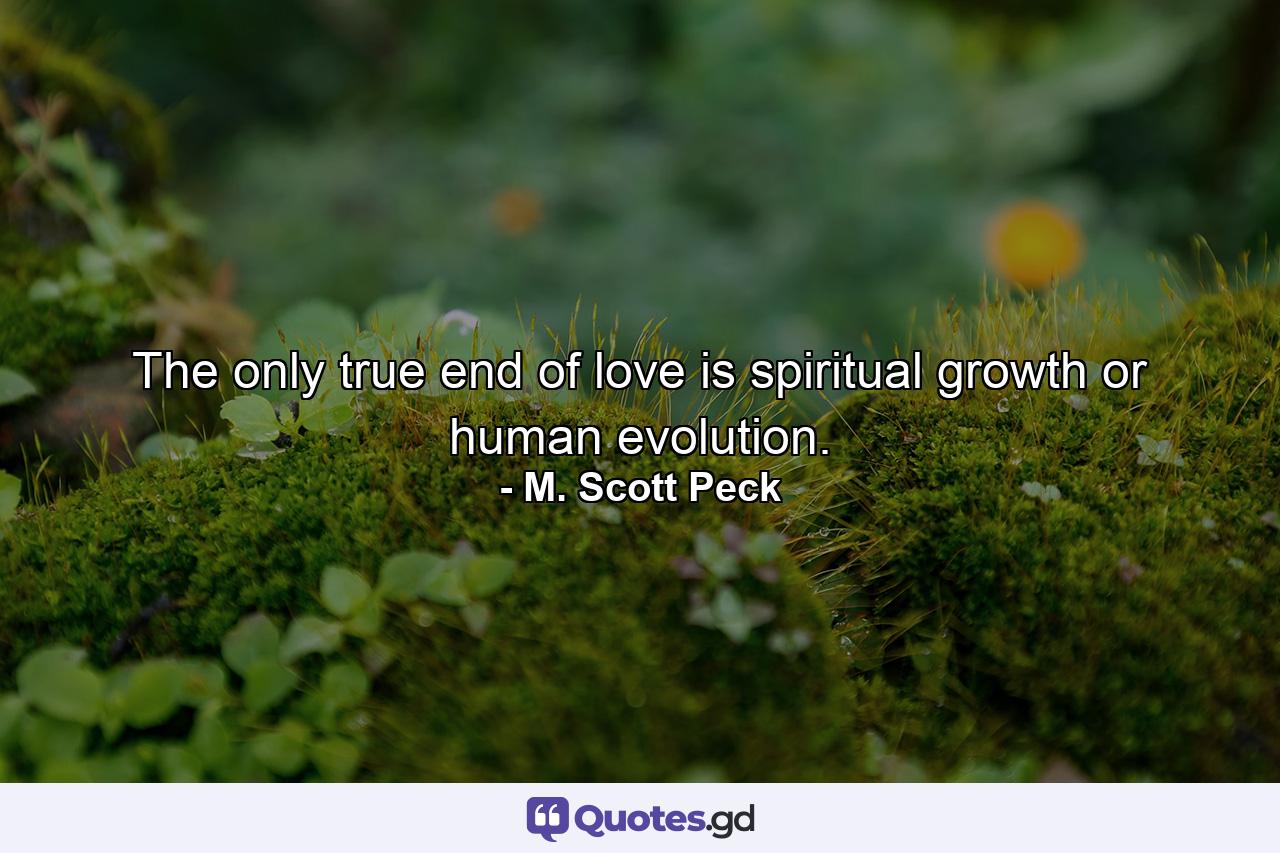Falling in love is not an act of will. It is not a conscious choice. No matter how open to or eager for it we may be, the experience may still elude us. Contrarily, the experience may capture us at times when we are definitely not seeking it, when it is inconvenient and undesirable. We are as likely to fall in love with someone with whom we are obviously ill matched as with someone more suitable. Indeed, we may not even like or admire the object of our passion, yet, try as we might, we may not be able to fall in love with a person whom we deeply respect and with whom a deep relationship would be in all ways desirable. This is not to say that the experience of falling in love is immune to discipline. Psychiatrists, for instance, frequently fall in love with their patients, just as their patients fall in love with them, yet out of duty to the patient and their role they are usually able to abort the collapse of their ego boundaries and give up the patient as a romantic object. The struggle and suffering of the discipline involved may be enormous. But discipline and will can only control the experience; they cannot create it. We can choose how to respond to the experience of falling in love, but we cannot choose the experience itself.


